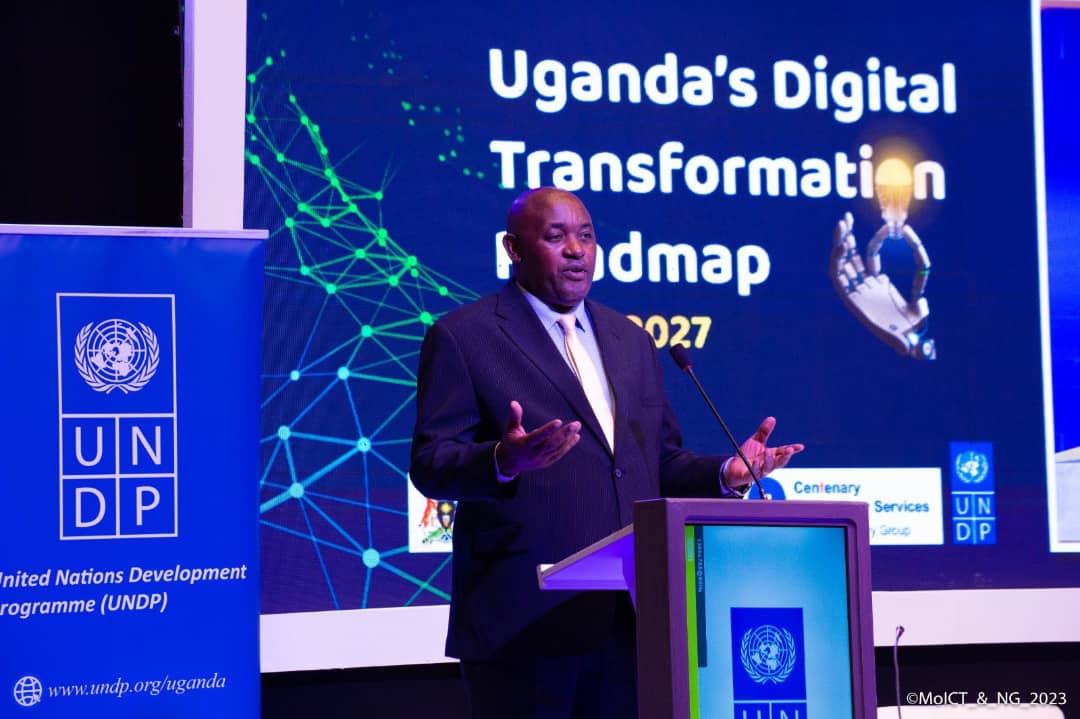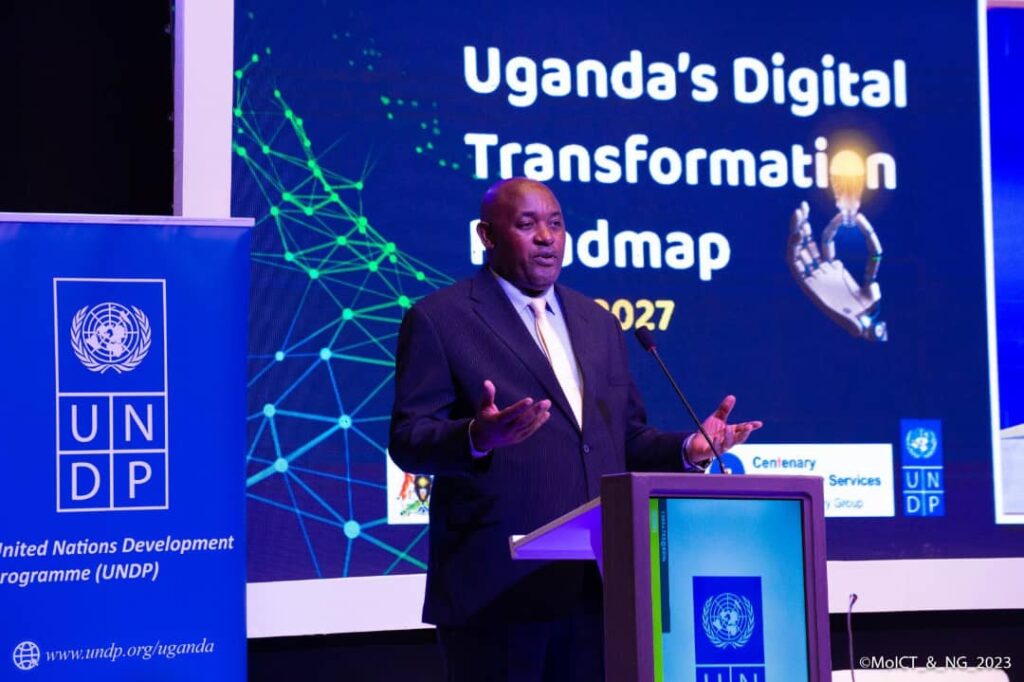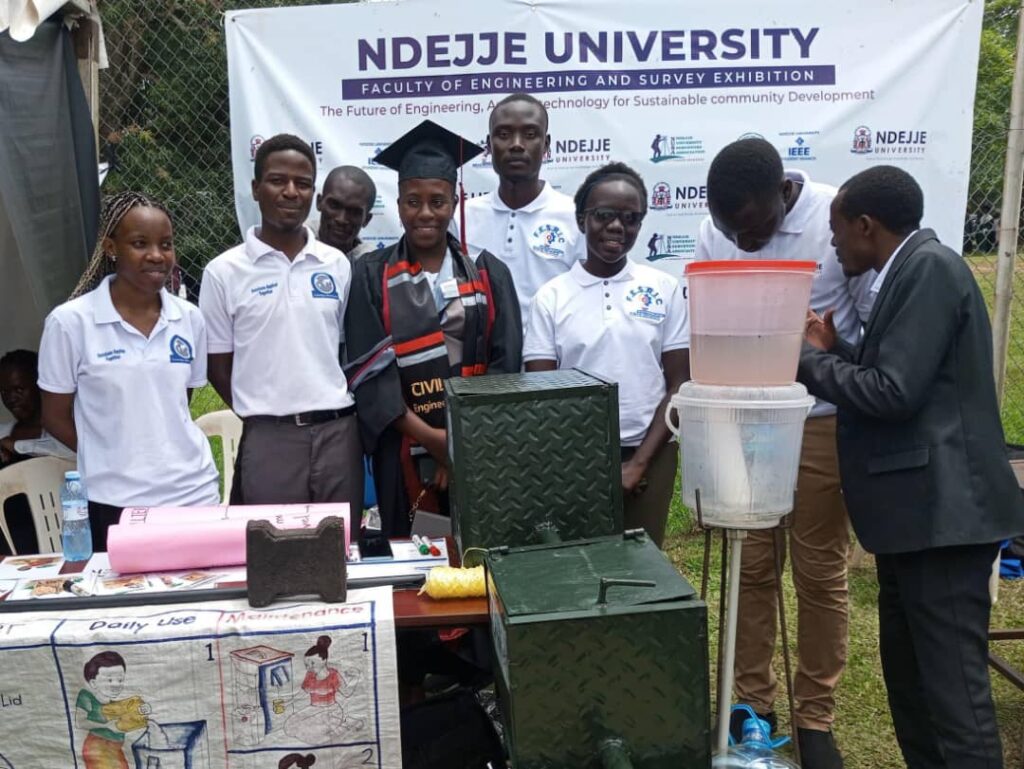
 Tiger FM
Tiger FM

 Tiger FM
Tiger FM
31 October 2024, 9:23 am
By Ronald Ssemagonja
Artificial Intelligence (AI) applications and systems continue to proliferate, with platforms like Meta AI, ChatGPT, Perplexity, and Brain Task AI in widespread use. Many are increasingly concerned about being replaced by these technologies.
However, Katende Paul, founder of the OTIC Foundation, believes that rather than fearing AI, people should embrace and integrate it into daily work to boost productivity. Speaking to journalists in Kampala, Katende highlighted the foundation’s target to reach over one million Ugandans, equipping them with essential AI skills.
According to Katende, they have partnered with the Ministry of ICT and National Guidance to initiate programmes at the National ICT Innovation Hub. These programmes have already attracted over 710 Ugandans from diverse professional backgrounds, helping them remain relevant amidst rapid advancements in AI technology.
“We have launched the campaign ‘AI in Every City’. Participants are trained in various AI tools, including Microsoft’s Power BI, a business intelligence and data visualisation tool, and Python Script for machine learning courses,” he said.
Ben Nakireza, Head of Business Development at OTIC Foundation, stressed the importance of using the right prompts to get accurate answers from AI systems like ChatGPT and other generative AI tools. “With AI, knowing how to ask the right questions is crucial. AI cannot replace humans but can take over repetitive tasks, so I urge people to be creative when using AI,” Nakireza noted.
Minister of ICT and National Guidance, Hon. Chris Baryomunsi, encouraged Ugandans to make use of peace and accessible electricity to familiarise themselves with Artificial Intelligence, as a time may come when it becomes essential in daily work.
Meanwhile, a team of visionary students from Ndejje University’s Civil Engineering Department has pioneered a game-changing technology that converts plastic waste into sustainable liquid and gas fuel, addressing the microplastics pollution threatening Uganda’s ecosystems.
Alarming statistics inspired their mission. According to Bwambale Royce, a tutor at Ndejje University, eight million tonnes of plastic waste pollute the oceans annually, and 83% of global tap water samples contain microplastics.
According to the National Environment Management Authority (NEMA), Uganda generates 1,000 tonnes of plastic waste daily, with Kampala accounting for 30%. Plastic pollution may triple by 2040 if significant action is not taken.
Bwambale and others have guided engineering students in creating a clean-burning fuel for cooking and transportation, which creates jobs and stimulates the economy. “We are proud to drive Uganda’s sustainable development,” said Bwambale, Head of Research, Development, and Innovation at the Faculty of Engineering and Survey.
The students’ pioneering solution has drawn the attention of environmental organisations and government agencies. As Uganda combats microplastic pollution, this groundbreaking technology serves as a beacon of hope.

